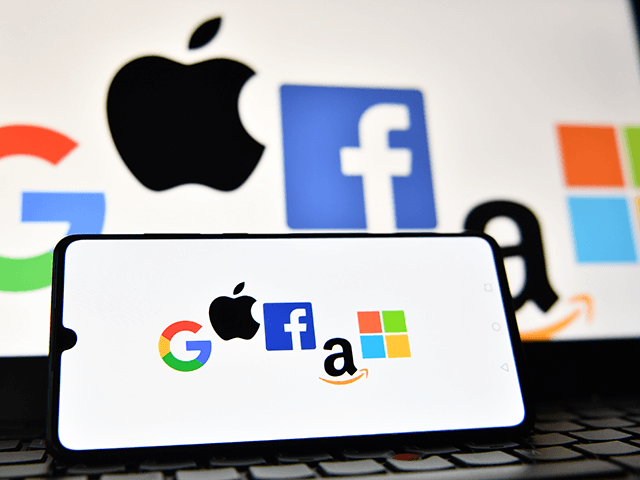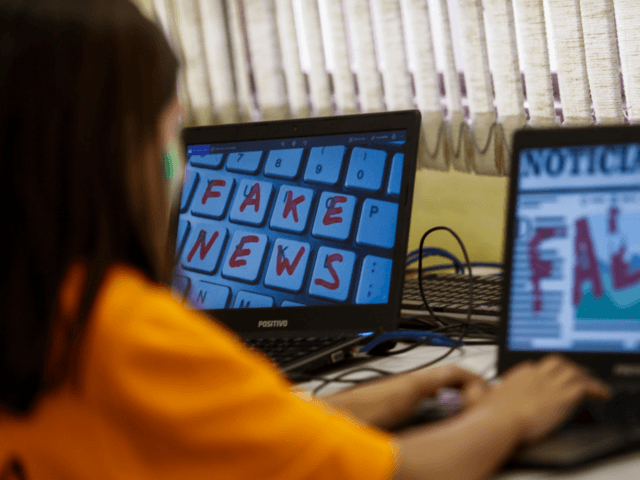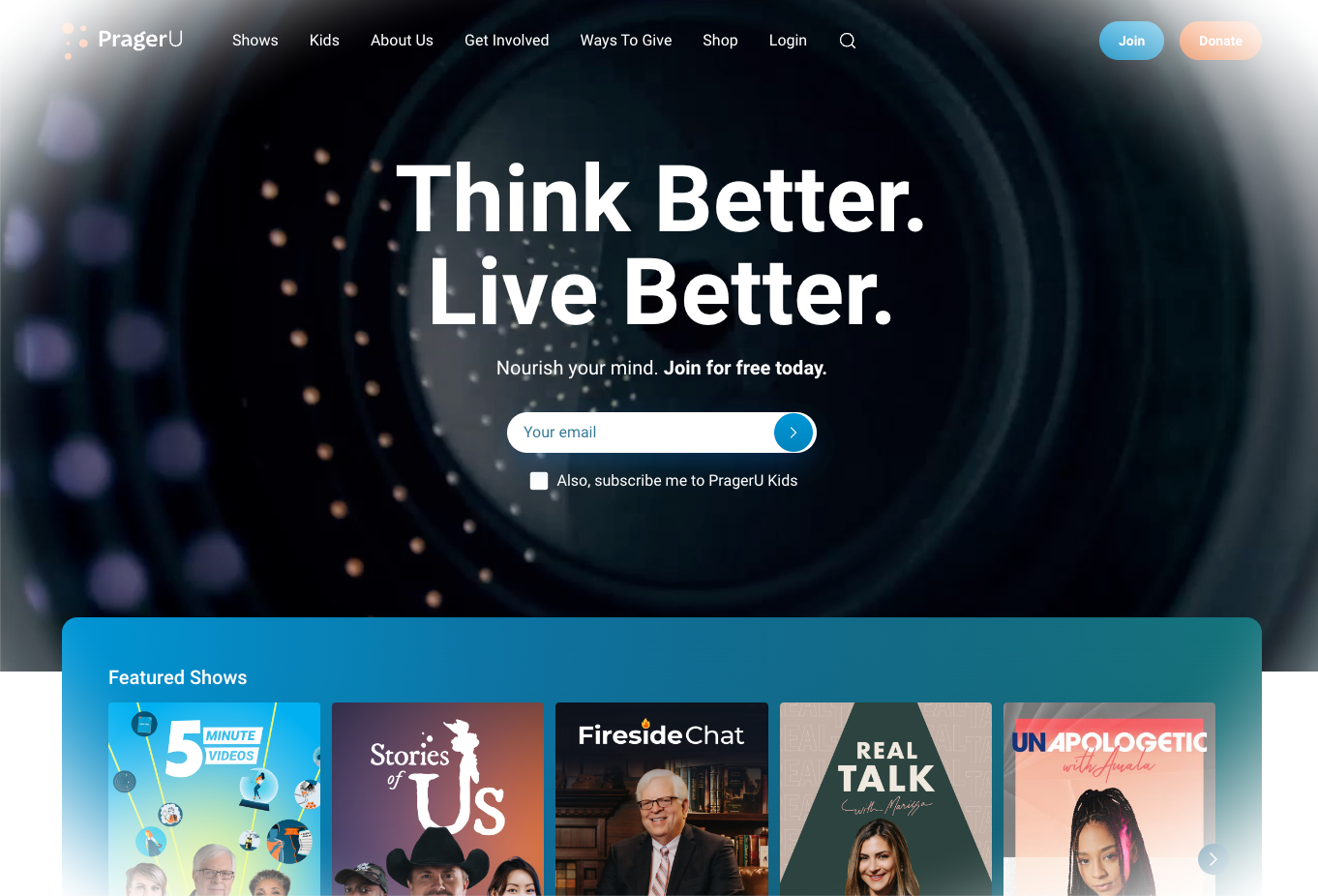Excuse me if I don’t get too excited about Elon Musk liberating Twitter from the clutches of the censorious Left.
Don’t get me wrong, what is happening at Twitter is good news.
But it’s one aspect of a much, much bigger problem.
That problem has been and remains free speech, our first and most fundamental right as Americans.
Lose it and we lose everything.
I don’t care if your issue is the border, vaccine mandates, abortion, welfare reform, the sexualization of children — lose free speech and you lose the argument.
How can you win an argument if your argument can’t be heard?
I speak from some experience.
I’m the CEO of PragerU and for the last six years PragerU has been immersed in a lawsuit against YouTube and its parent company, Google.
With some pride, I can say that PragerU was one of the first, if not the first, major media enterprise to bring widespread attention to the fact that the free speech of conservatives was being throttled on social media.
Until we brought our lawsuit against YouTube few had heard of Section 230 of the Communications Decency Act. Now — while it isn’t exactly common knowledge — it’s well known. It’s also well known that it must be revised.
Written in 1996 during the early days of the Internet, Section 230 was designed to protect social media platforms from being sued for the content they hosted on their sites.
They were, in effect, to be considered a virtual public square where ideas of every stripe could be freely exchanged.
It worked pretty much as intended until November 2016 when a certain individual won an upset victory to become President of the United States.
In a matter of days, social media went from the Wild West (almost anything goes) to the Soviet East (we — YouTube, Facebook, Twitter — decide what goes).
Six years later and it’s only gotten worse: there’s both more direct censorship by social media and, even more troubling, more indirect censorship.
What is indirect censorship? That’s when people censor themselves.
The Foundation for the Individual Rights in Education (FIRE) recently released a report that a majority of college students are afraid to speak freely. They fear that If they say what they believe they’ll be ridiculed by their peers or downgraded (literally) by their professors.
Yes, Twitter is better (for the time being), and that’s a positive sign but consider this:
YouTube — which is owned by Google and far larger than Twitter — still restricts PragerU videos and those of other conservative organizations. If they don’t like a video PragerU produces, they slap a warning label on it which announces, in so many words, that its contents are not to be trusted.
Violate YouTube’s vague “community standards” one time too many and you risk being de-platformed.
Same with Facebook.
That’s the world PragerU has been living in for the past six years.

(JUSTIN TALLIS/AFP via Getty Images)
And now, we have a new form of censorship to contend with: third-party fact-checkers.
These are for-profit organizations led by well-connected progressives who work behind the scenes to monitor content providers — like PragerU.
As you’d expect, these fact-checkers focus their attention on their favorite left-wing topics such as climate change, “gender affirming care,” and vaccine “misinformation.” For example, when Dennis Prager discussed his personal experience with Covid on one his popular Fireside Chats, the fact-checkers warned viewers that it contained “COVID-19 misinformation.”
These “fact checkers” are much more than an annoyance. In addition to questioning our credibility and thereby diminishing our viewership (that would be bad enough), they have caused us serious financial harm.
The company that used to host our videos, JW Player, informed us 18 months ago that they were not willing to work with us anymore. When we asked why, they said we had been blacklisted by one of these third-party censors, a company called NewsGuard. Suddenly, we had to devote considerable time and money to find a new video host.
So now we not only have to deal with the censors at YouTube and Facebook, but we have to deal with left-leaning fact-checkers like NewsGuard.
What news is NewsGuard guarding exactly? And what standards do they use to make their summary judgments? Well, let’s just say they’re not friendly to alternative points of view. I don’t think you’ll be surprised when I tell you that leftist, legacy media companies like the New York Times get a near-perfect “credibility” rating.
And, who appointed NewsGuard arbiters of truth?
In addition to the social media companies, Big Pharma, international corporations, giant PR firms like Publicus, and here’s where it really gets scary, the U.S. government. In 2020 the Department of the Defense gave NewsGuard $750,000. As we get more information, I suspect the numbers for 2021 and 2022 are much higher and involve more government agencies.
PragerU and other organizations like Breitbart, The Daily Wire, or The Babylon Bee are caught in a pincer movement. Either YouTube or Facebook censor us directly or they have their third-party fact-checkers do it for them.
I’m thrilled Elon has taken control of Twitter and exposed what we already knew — that pre-Elon Twitter was, like YouTube and Facebook, making daily decisions about who was to be heard and who was not.
If everything goes well, and Elon stays the course, we might win the battle over Twitter. But the war over free speech will go on regardless and the fight continues with NewsGuard.
Marrisa Streit is CEO of PragerU.


COMMENTS
Please let us know if you're having issues with commenting.